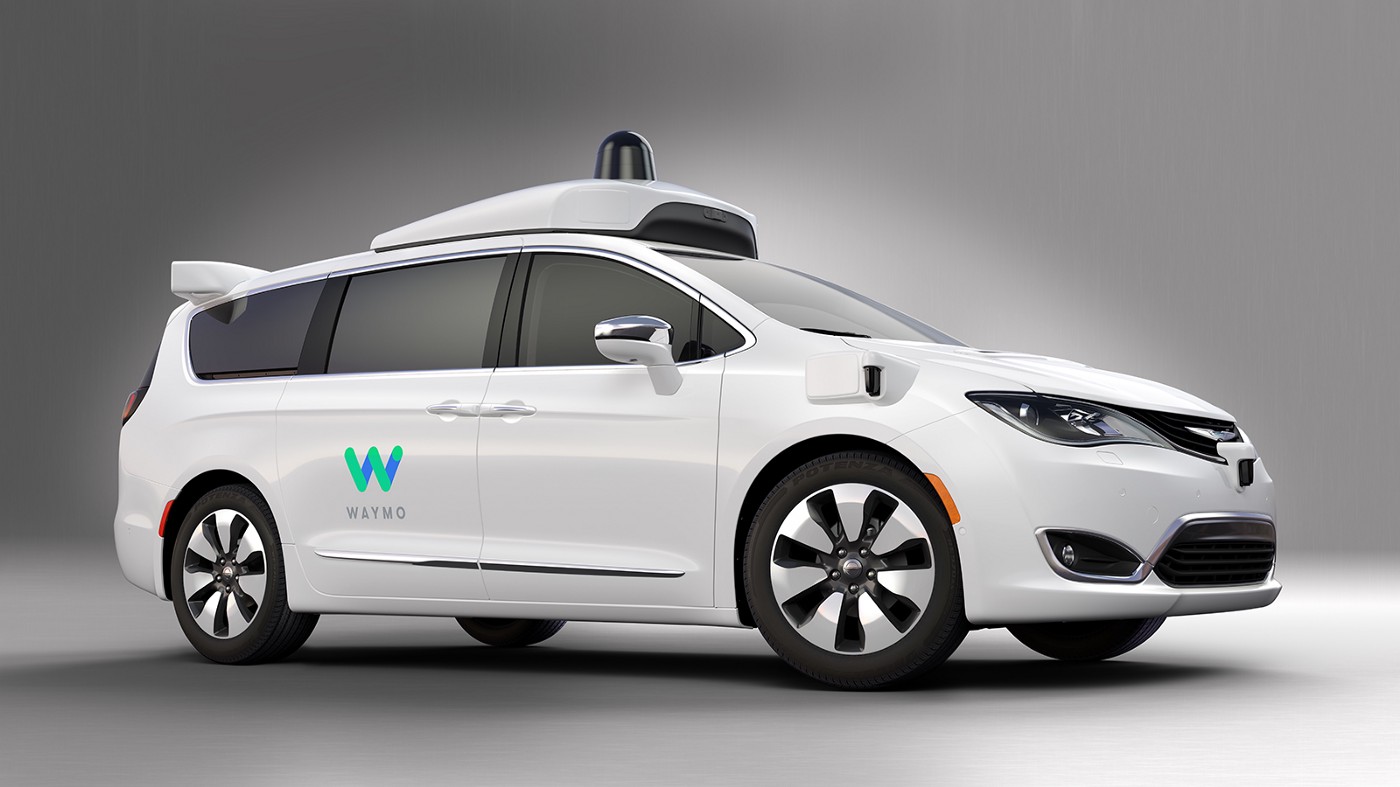However, Waymo is likely not profitable yet. Alphabet's other bets produced $373 million in revenue in the second quarter of 2025. Meanwhile, that subsidiary posted an operating loss of $1.25 billion. Given those numbers, Waymo likely isn't making money yet.
The company is still investing heavily in researching and developing its autonomous vehicle technology. It likely has a long way to go before it's on the road to profitability. However, the company continues to expand, including building out its fleet of robotaxis in the San Francisco Bay Area to 800 in mid-2025.
Should I invest in Waymo?
You can't currently invest directly in Waymo because it's not a publicly traded company. That gives you plenty of time to research the company while you await its IPO to decide whether it's a good fit for your financial situation. With that in mind, here are some reasons why you might consider investing in the autonomous driving company:
- You think autonomous driving is the future.
- You believe Waymo can tap into the tremendous robotaxi market potential.
- You think that Waymo can eventually become a very profitable company.
- You want to invest in a company Alphabet has built from the ground up.
On the other hand, here are some reasons why investing in Waymo might not be best for you:
- You're not sure enough of the population will ever be comfortable with riding in fully autonomous vehicles.
- You don't think Waymo can ever get on the road to profitability.
- You're concerned about potential safety issues with autonomous driving.
- You're not sure if Waymo will emerge as the technological leader in autonomous driving.
ETFs with exposure to Waymo
You can't currently invest indirectly in Waymo via exchange-traded funds (ETFs) because it's a private company owned by Alphabet and other investors. However, you can use ETFs to invest in the autonomous driving trend. Here are two autonomous vehicle ETFs to consider.
- KraneShares Electric Vehicles & Future Mobility Index ETF (KARS -3.16%): This ETF focuses on companies investing in electric vehicles, autonomous driving, shared mobility, lithium and copper production, batteries, and hydrogen fuel cells. The fund had 54 holdings in mid-2025, including Tesla (at 3.29%). The ETF had a 0.72% expense ratio.
- SPDR S&P Kensho Smart Mobility ETF (HAIL -2.75%): This fund focuses on companies driving innovation in smart transportation, including autonomous vehicles, drones, and advanced transportation systems. The ETF had 80 holdings in mid-2025, including Tesla (at 1.48%). The fund had a 0.45% expense ratio.




















